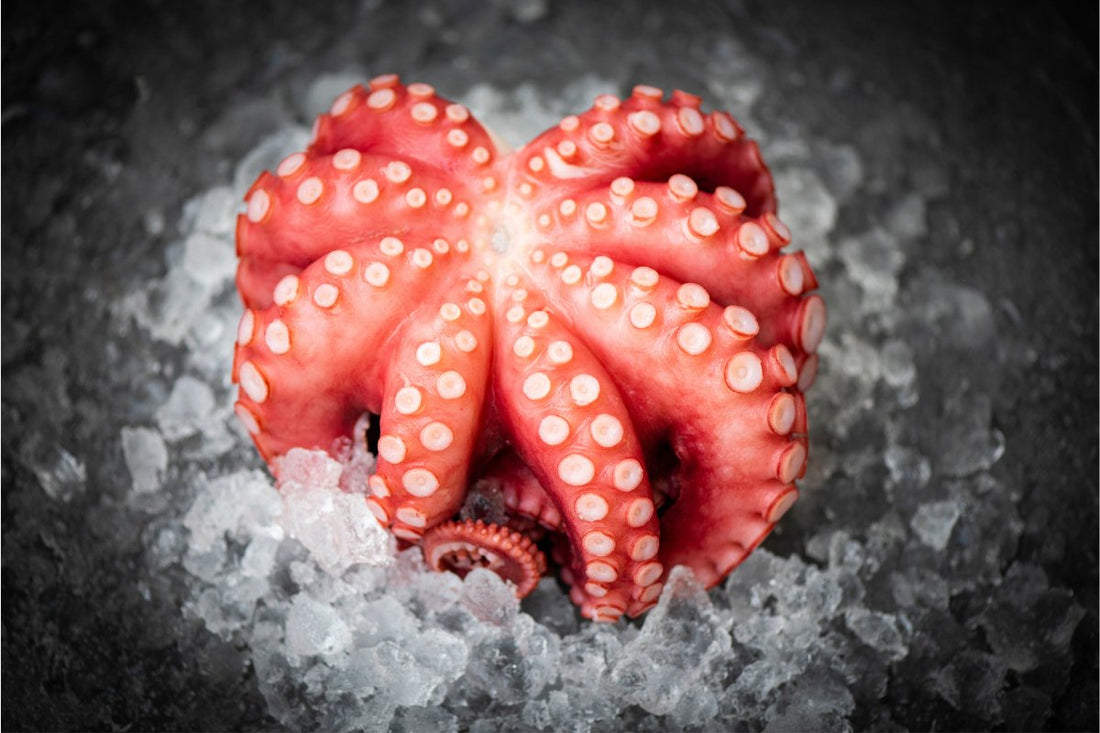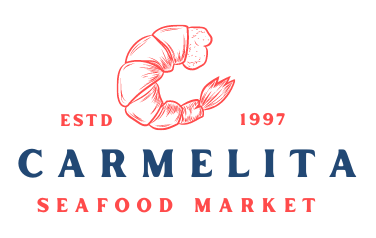
The Essential Guide to Octopus
Share
Where to Buy Octopus
- Fresh seafood markets
- Spanish specialty stores
- Online seafood retailers
- Asian markets
- Local fish markets
Look for fresh or frozen Spanish octopus for the best quality
Grilling Octopus Guide
Perfect Grilled Octopus Recipe
- Pre-cook octopus until tender
- Pat dry thoroughly
- Brush with olive oil
- Grill 3-4 minutes per side
- Finish with lemon and herbs
BBQ Octopus Tips
- Maintain high heat
- Create char marks
- Don't overcook
- Rest before serving
Spanish Octopus Preparations
Traditional Methods
- Pulpo a la Gallega
- Grilled with paprika
- Spanish-style braised
- Octopus with potatoes
